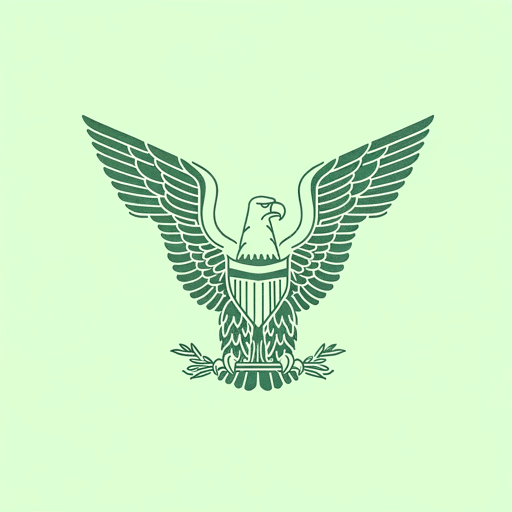28 pages • 56 minutes read
Franklin D. RooseveltDay of Infamy Speech
Nonfiction | Essay / Speech | Adult | Published in 1941A modern alternative to SparkNotes and CliffsNotes, SuperSummary offers high-quality Study Guides with detailed chapter summaries and analysis of major themes, characters, and more.
Important Quotes
“Yesterday, December 7, 1941—a date which will live in infamy—the United States of America was suddenly and deliberately attacked by naval and air forces of the Empire of Japan.”
(Paragraph 1)
FDR opens his address with a clear, definitive statement introducing his topic—the attacks on Pearl Harbor—framed in negatively charged words meant to guide his listeners’ interpretation. Instead of the ambiguous “history,” FDR chose “infamy,” a descriptive noun that carries negative connotations and implies an evil act. Likewise, he describes Japan’s attacks with adjectives like “suddenly” and “deliberately,” emphasizing that the attacks occurred without warning, and were the result of careful and secretive planning by the Japanese government.
“The United States was at peace with that Nation and, at the solicitation of Japan, was still in conversation with its Government and its Emperor looking toward the maintenance of peace in the Pacific.”
(Paragraph 2)
FDR further positions the US as a victim of Japan by depicting the US as peaceful and unsuspicious. While he risks appearing weak by understating the United States’ preparations for war and overstating the government’s trust in Japan’s good faith, FDR does so to diminish potential suspicions that he and his government goaded Japan into war.
“Indeed, one hour after Japanese air squadrons had commenced bombing in the American Island of Oahu, the Japanese Ambassador to the United States and his colleague delivered to our Secretary of State a formal reply to a recent American message. And while this reply stated that it seemed useless to continue the existing diplomatic negotiations, it contained no threat or hint of war or of armed attack.”
(Paragraph 2)
FDR continues to position Japan as an underhanded and duplicitous aggressor by juxtaposing the actions of the Japanese Ambassador with those of the Japanese military. While the former appeared to be continuing diplomatic efforts, the latter was engaging in an act of war.

